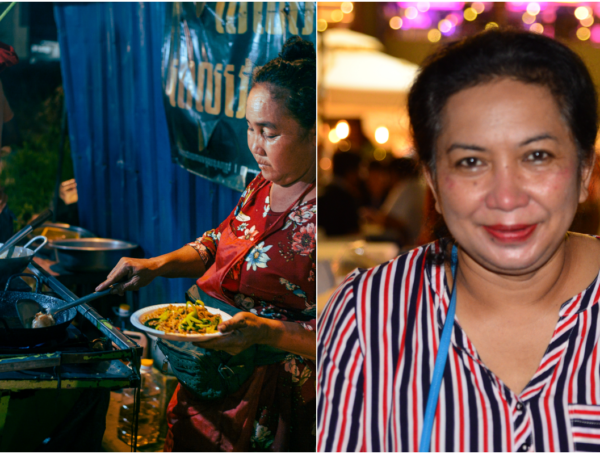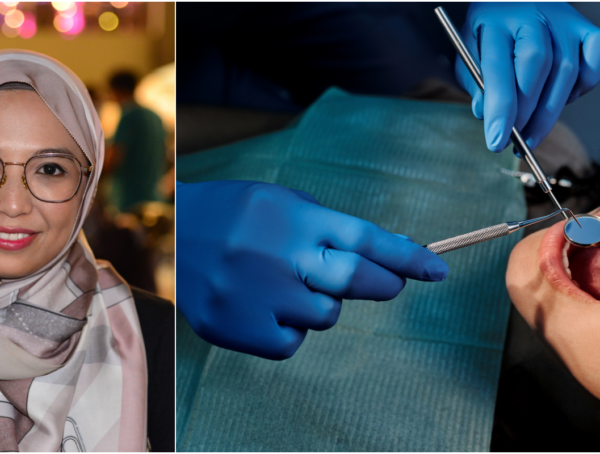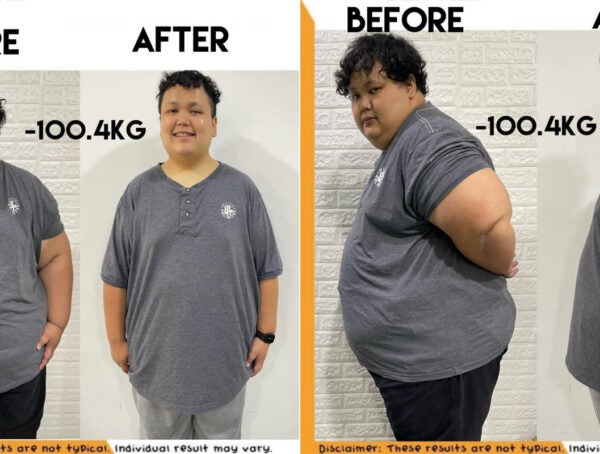[This story is retold by Suzanne Ling, the Co-founder and Storyteller of PichaEats, a social enterprise that serves catering food cooked by refugee chefs from around the world.]
7 years ago, I was in university – I was in year one and I was studying psychology.
As a psychology undergrad, I wanted to have some experience working with kids, so that when I graduate, my CV would look good.
I found this refugee school very near to my uni in Cheras. There were about 100 kids there, but I realized something strange.
All these kids – they go to school, they have their chairs, they have their uniforms, they have their textbooks – but they don’t have teachers.
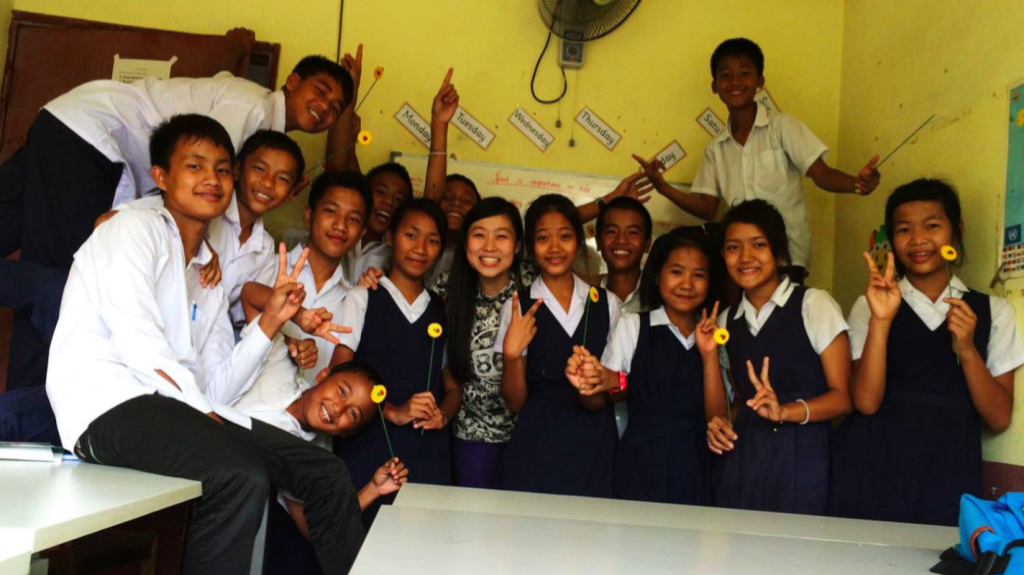
When I found out, I thought, “Hey, I have time in between classes. Why don’t I start volunteering and teach?”
While volunteering, I met my two current co-founding members, Kim and Swee Lin, who were also volunteer teachers.
We soon realized that this school was struggling financially, so we decided to hold a fundraising concert. We sang some songs to raise some funds for the school.
But it wasn’t a good long-term plan. All the funds that we raised finished in 3-6 months. We realized if we raised another round of funds, it would finish again in another 3-6 months.
Is there a more sustainable way to make an impact? Are fundraising concerts really the only way?
Half of my class dropped out
It was only until mid-2015 when we really started doing something about it.
It was then that half of my class year dropped out across one month and started working in KKmart, mamak stalls, and the pasar malam.
There was an economic crisis — a very small one at the time — but because my students were already at the bottom of the income group bracket, that whole shift in the economy affected them a lot.
Our students messaged us to apologise, saying, “I’m so sorry teacher. It’s not that I don’t want to come for class, but I really need to work to support my family.”
That hit us teachers hard. We realized there is a huge issue surrounding the refugee community, which is —
In Malaysia, we have about 178,100 refugees. They come from places where there is war, and honestly, they have nowhere else to go.
But because we as a country did not sign the UN refugee convention, refugees are not allowed to work legally, and cannot go to public school.
So what do they do? They do odd jobs in night markets and mamaks — including the teenagers who are our students.
A case of accidental entrepreneurship

When we found out about this issue, we decided to do something about it.
Since all of our students’ mothers can cook, and people need to eat every single day, we had a simple idea:
Why don’t we get the moms to cook delicious food and sell it to our friends?
We researched food packaging, food garnish, how to make food look nicer, etc. (We didn’t know what we were doing, so we basically googled everything.)
Since I was still in uni, I said to my uni friends, “Eh, give me RM7 and next week I’ll bring you food.”
I didn’t have many friends, so they helped me collect money from their friends — and that’s how we collected RM7 from 30 people and did our first sale.
To our surprise, when the food came, they really enjoyed it. Not just because the food was good, but because this lunch was helping a mother to improve her family’s life.
So we did that for 4 months until the day we graduated.
As we pondered what we were going to do after this, we asked ourselves:
“Do we do this full time? Or do we look for a full-time job?”
We knew that if we found full-time jobs, this project would definitely die off because it requires full time attention.
So the three of us said to each other: “We have nothing to lose. Let’s try it out, if it works, it works. If it doesn’t, we can go find a fulltime job.”
That was in 2016. It’s been 4 years since, and we are still fulltime in PichaEats, and we are still surviving.
The misheard origins of Picha’s name
When we needed a business name, we had to register (Something) Sdn Bhd.
So we decided to name ourselves as Picha Project at that time, because of this boy right here.
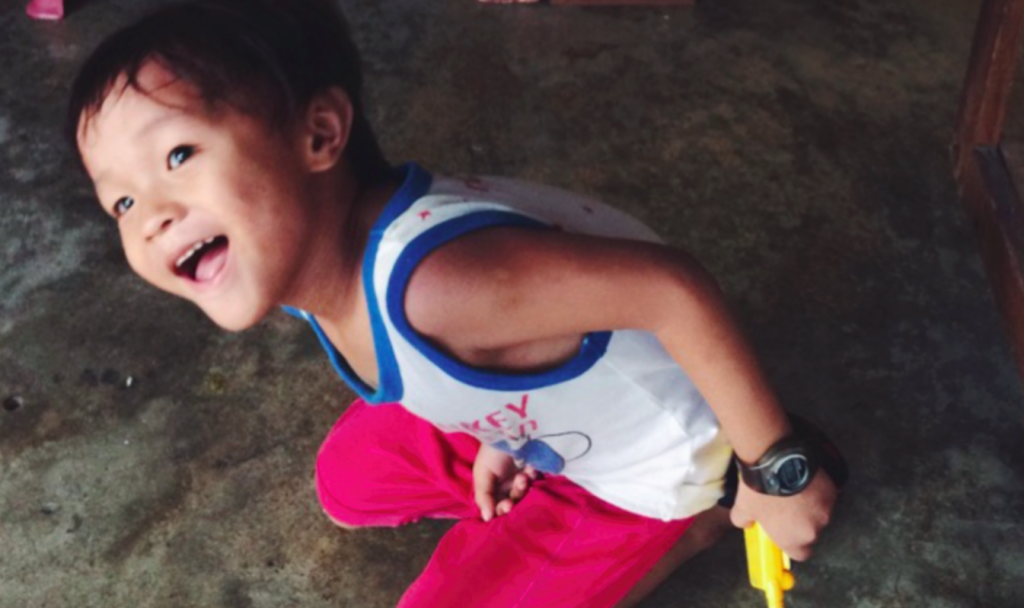
He’s the son of our first chef and his name is Picha.
We named ourselves as the Picha Project, as a constant reminder to ourselves that we started this business for the boy and for his family, and we want to continue to grow for more families like Picha’s.
But the joke is – I really don’t say this a lot – the joke is that 3 months after we registered as Picha Sdn. Bhd, we realized his name is actually “Peter”.
The only reason why we always heard it as “Picha” is because the only time we hear his name is when his mom would call his name from the kitchen, so it always would sound like “Pichaaa, Pichaaa!”
But anyway, jokes aside, “Picha Sdn Bhd” sounds better than “Peter Sdn Bhd”, so we kept the name.
“What were the challenges when you first started?”
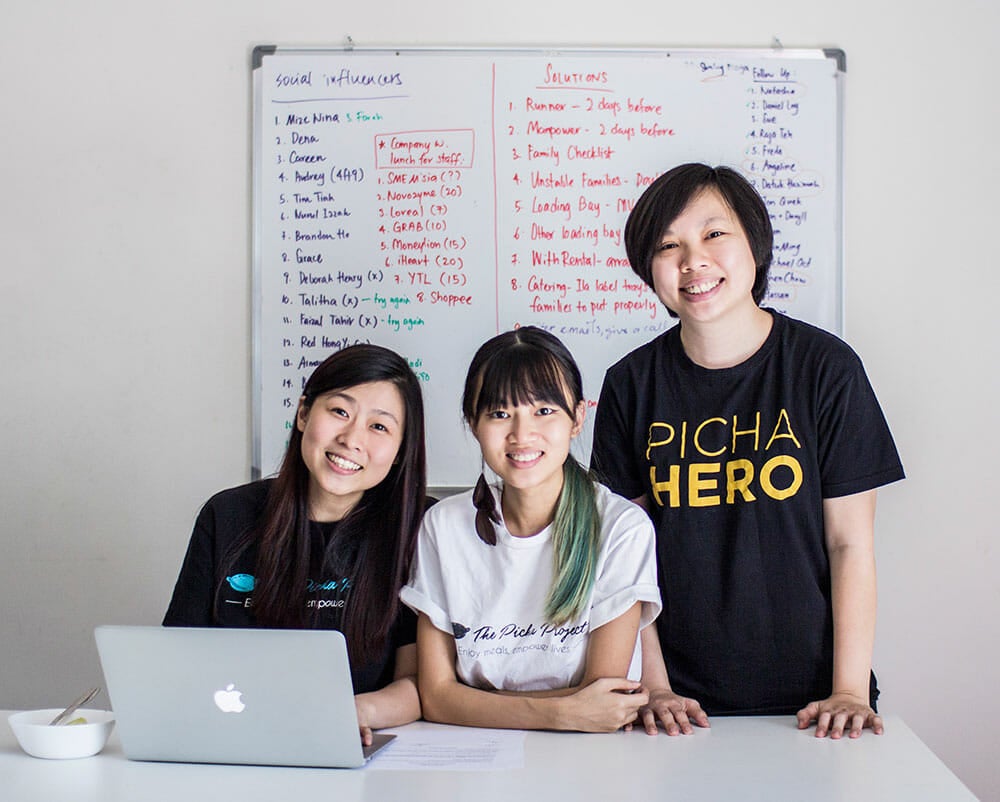
[Me, Swee Lin, and Kim]
First of all, I studied Psychology, and my co-founder majored in Guitar.
Thankfully, my other co-founder majored in Accounting and Finance, because if not, our business sure die.
Jokes aside, when the 3 of us got together, we had zero business background or knowledge.
In this Magic Accelerator program, the first lesson was planning your business so that it must break even. I raised my hand and asked, “What is break even?”
When we started, we were 23. And some people in the food industry told us: “You three are too young.”
People would ask a lot of nonsense questions like:
“You know Malaysia got a lot of food right? Why would people buy food cooked by refugees?”
“Is it… safe?”
“Is it…hygienic?”
“Eat already, will you get HIV?”
“Why help others, why don’t you help our own people?”
It was all sorts of nonsense questions. But we were very determined, and we knew we wanted to do this. Our response was, “We have this idea, and we know we can help people. It might make a change. Why not try it?”
We also put it clearly out there that this food is cooked by the refugee community.
 We didn’t want to hide it, because it’s a good way to educate people about who refugees are, why they are here, and why they are not just victims.
We didn’t want to hide it, because it’s a good way to educate people about who refugees are, why they are here, and why they are not just victims.
It took us about 2-3 years to change their perspectives, and as of 2020, we have served about 500 over corporate clients, we have done about 4 million in sales for the past 3.5 years, and 50% of it goes directly back to the chefs.
I mention this not because I want to toot our own horn, but because this happened despite people saying “This will never work.”
All these companies really come to us not because they want help – they come to us because they really like the food.
And for the past 3.5 years we’ve been able to work with about 25 families, about 100 individuals including their kids.
100% of our chef’s kids are all in school right now, because the parents are financially stable.
All of them are able to earn 250% of the minimum wage (RM2500) to cover their basic expenses.
That is our goal: to make sure their kids get to go to refugee school or Arabic school.
Making “Making A Change” as Simple as Possible
 Image via PichaEats (IG handle: @pichaeats).
Image via PichaEats (IG handle: @pichaeats).
One thing that we always think to stop ourselves from making a change is this: We see all these problems around the world and it looks so big and so hard to solve.
And we tell ourselves, “Oh I’m not Mother Teresa I don’t have such a big heart. This is not for me, okay, let’s just ignore it, someone good will solve the problem.”
But we don’t do more because we think that our actions don’t matter, because the problem is so huge.
But can we switch this around and ask ourselves this question instead: How can you be you and make a change?
And the most basic thing – if you think “I don’t know what is my strength” — Let me help you – just eat.
Eat – and you are making a direct change. That is also one of the things that we wanna push for.
We want to make “making a change” something that’s very easy for people.
Birthday party? Buy from Rania, maybe, then she gets half of what you pay for. Another half goes to the business to sustain and help us pay our salaries.
There’s a lot of things that we can do as long as we put conscious thought into it.
For more stories like this, read: Real People: How To Spot A Leader, A Follower, and A Rebel and From Selling Books to Thousands of White Shirts. How did Oxwhite founder CK Chang do it?

You might also like
More from Real People
‘A RM100 fee cost a company 5 years of revenue’ shares M’sian
This story is about a Malaysian who learned that bureaucracy can be defeated simply by not arguing with it.A billing …
‘I quiet-quit, upskilled, and tripled my salary,’ shares M’sian engineer
This story is about a Malaysian who learned that loyalty without leverage leads nowhere in the corporate world.After years of …
‘I did everything right, and it still wasn’t enough’ shares M’sian graduate
This story is about a Malaysian graduate navigating big dreams in a job market where a degree no longer guarantees …






